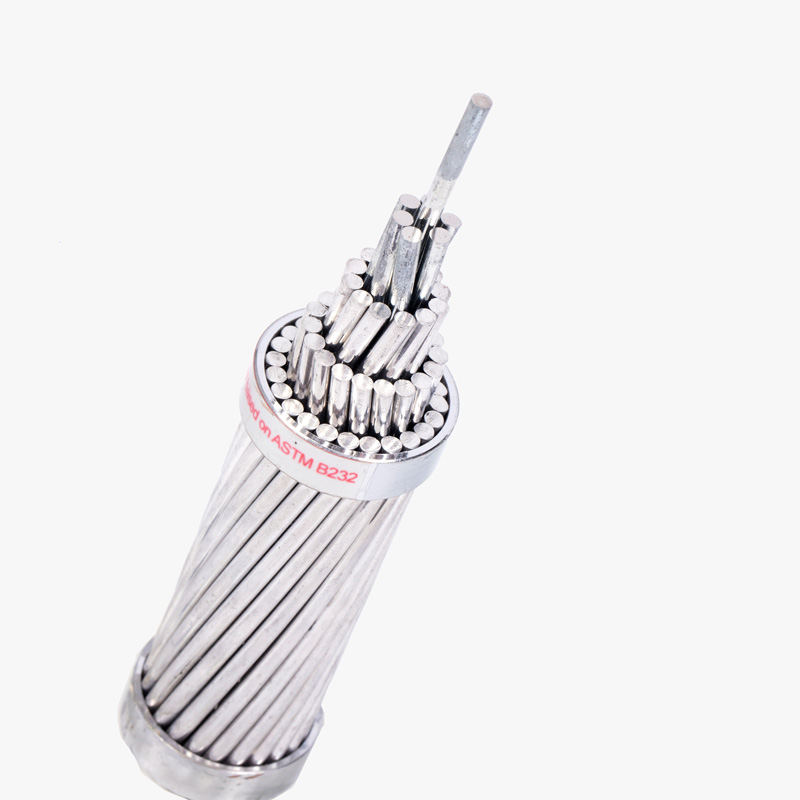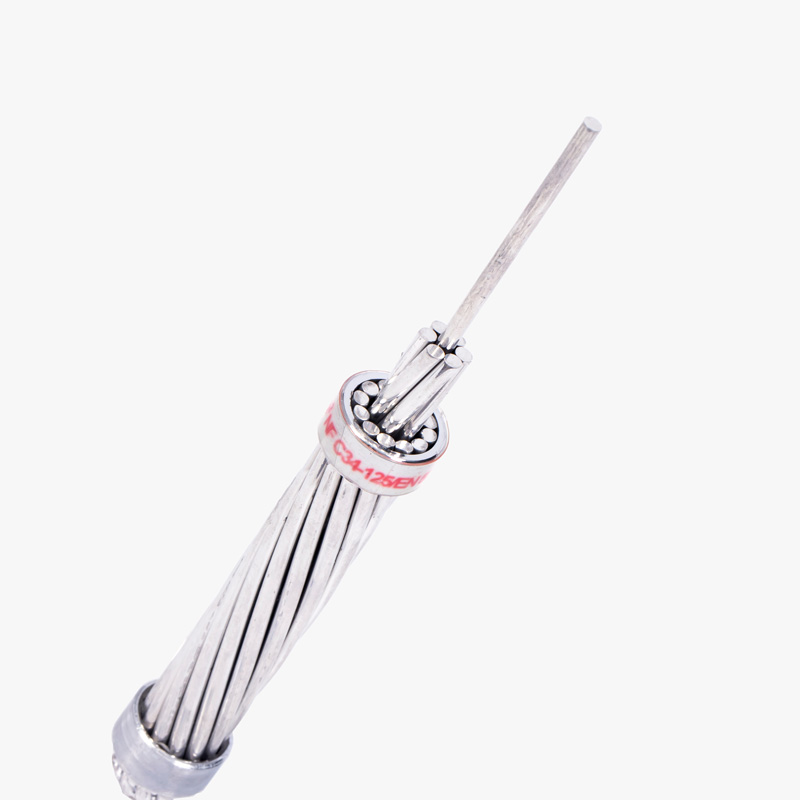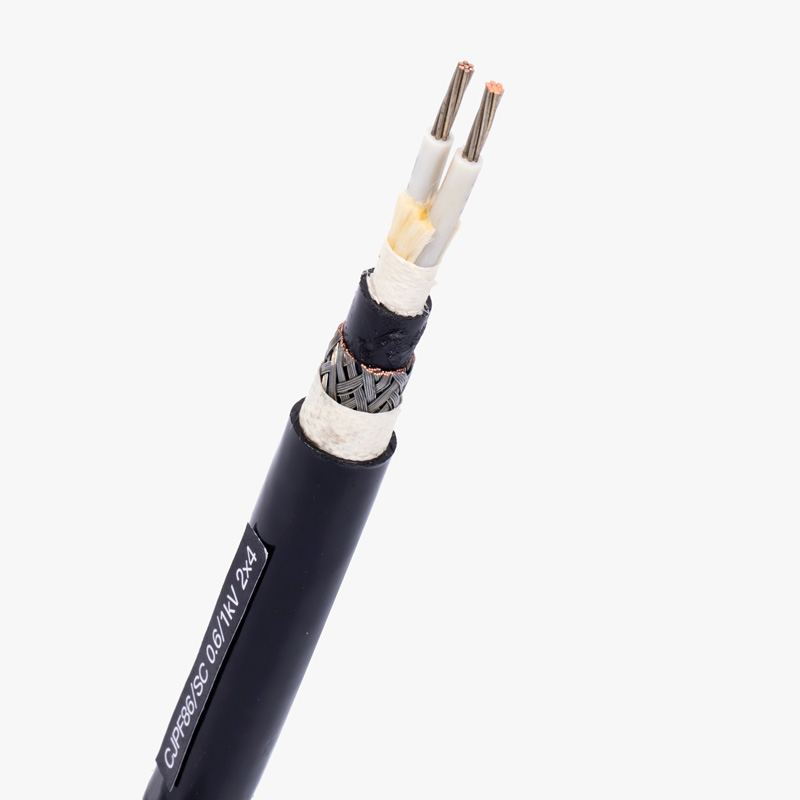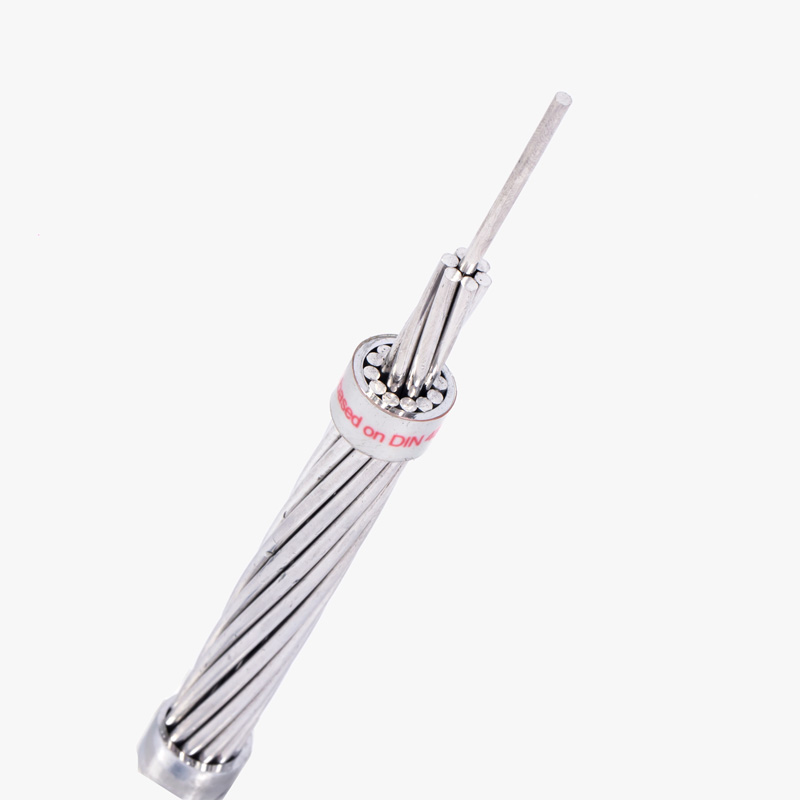What is PVC-insulated cable?
PVC-insulated cable is a type of electrical wire that uses polyvinyl chloride (PVC) as the primary material for
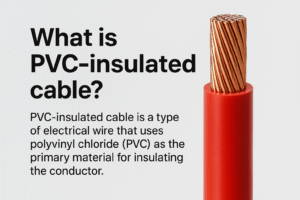
insulating the conductor. This insulation acts as a protective layer to prevent electrical leakage, short circuits, and physical damage. As one of the most widely used types of cable insulation, PVC-insulated w
ire is renowned for its durability, affordability, and wide application across industries including power distribution, electrical i
nstallations, and construction projects. With its excellent electrical and mechanical properties, PVC insulation is favored by manufacturers and suppliers globally for low to medium-voltage cable production. As a leading Chinese PVC-insulated cable manufacturer, QRUNNING has been supplying high-quality, OEM-capable solutions to countries such as Vietnam, Sudan, Angola, and Kenya for over 30 years.
Benefits of PVC Wire Insulation
PVC wire insulation is flame-retardant, moisture-resistant, cost-effective, and durable — ideal for safe, long-lasting electrical applications from a trusted supplier like QRUNNING.
How are PVC cables made?
PVC-insulated cables are manufactured by extruding a layer of polyvinyl chloride over a conductive core, typically copper or aluminum. The insulation process involves heating, shaping, and cooling to ensure high electrical performance, flexibility, and resistance to external damage.
Read on to explore why PVC remains the industry’s top choice for cable insulation.
Why is PVC a good insulator?
Polyvinyl chloride (PVC) is considered a good insulator due to its unique chemical structure and inherent resistance
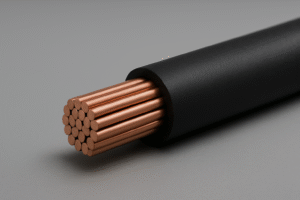
to electrical conductivity. Unlike metals, which conduct electricity freely, PVC’s molecular bonds restrict the flow of electrical current. This makes it ideal for use as a protective layer in electrical cables. PVC wire insulation also offers high resistance to moisture, oils, chemicals, and UV rays, all of which contribute to its widespread adoption in both indoor and outdoor electrical systems. Manufacturers favor PVC insulation because it remains stable over a wide temperature range and resists deformation, even under mechanical stress or in harsh environmental conditions. Furthermore, PVC’s flame-retardant properties enhance safety in high-risk areas, making it a preferred choice for electric power cable suppliers and contractors worldwide.
Is PVC a good electrical insulator?
Yes, PVC is an excellent electrical insulator. It prevents unintended electrical flow, ensuring safe and reliable power transmission. The key to this lies in PVC’s high volume resistivity and dielectric strength. These properties allow the material to withstand high voltages without breaking down, making it an ideal insulation material for low and medium voltage power cables. As a result, manufacturers use PVC-insulated cables in residential wiring, industrial machinery, and control panels. Electric cable suppliers across developing regions, including Vietnam and Africa, favor PVC-insulated wire for its consistent performance and affordability. At QRUNNING, we ensure our PVC insulation undergoes strict quality control, with all cables tested for compliance with international electrical standards, helping buyers reduce the risk of electric failure or safety hazards.
Is PVC a good heat insulator?
PVC performs moderately well as a heat insulator. While it is not the most thermally resistant material, it provides sufficient insulation for most common electrical applications. PVC wire insulation can typically withstand operating temperatures up to 70°C and some specially formulated versions can go up to 105°C. This makes it suitable for indoor electrical installations and certain outdoor applications. PVC insulation for cables reduces heat dissipation from the conductive core, preserving efficiency and minimizing risks of overheating. However, in high-temperature environments, alternative insulations like XLPE may be considered. QRUNNING manufactures PVC-insulated cables using high-grade compounds designed for thermal stability. Our cables maintain insulation integrity even under prolonged use, offering contractors and buyers in warm climates a dependable product with reliable thermal performance.
Can PVC-insulated cables be used outdoors?
Yes, PVC-insulated cables can be used outdoors, but with 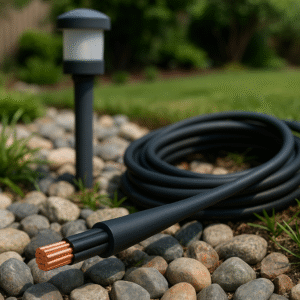 considerations. Standard PVC wire insulation is resistant to water, UV rays, and environmental contaminants, making it suitable for many outdoor applications like garden lighting, temporary site wiring, and utility connections. However, extreme temperatures and prolonged sun exposure can degrade insulation over time if the cable is not UV-stabilized or protected with additional sheathing. Manufacturers often enhance outdoor-grade PVC insulation with additives to improve resistance to weathering and mechanical wear. QRUNNING supplies PVC-insulated cables that meet international standards for outdoor use, including additional options for double insulation and weather-resistant jackets. Buyers should consult with reliable cable suppliers to ensure that the selected PVC-insulated wire is suited to specific environmental conditions, particularly for permanent outdoor installations.
considerations. Standard PVC wire insulation is resistant to water, UV rays, and environmental contaminants, making it suitable for many outdoor applications like garden lighting, temporary site wiring, and utility connections. However, extreme temperatures and prolonged sun exposure can degrade insulation over time if the cable is not UV-stabilized or protected with additional sheathing. Manufacturers often enhance outdoor-grade PVC insulation with additives to improve resistance to weathering and mechanical wear. QRUNNING supplies PVC-insulated cables that meet international standards for outdoor use, including additional options for double insulation and weather-resistant jackets. Buyers should consult with reliable cable suppliers to ensure that the selected PVC-insulated wire is suited to specific environmental conditions, particularly for permanent outdoor installations.
How long do PVC-insulated cables last?
The service life of PVC-insulated cables typically ranges from 20 to 30 years, depending on usage, environmental factors, and installation quality. Under optimal conditions—proper installation, appropriate load, and minimal exposure to extreme temperatures—PVC wire insulation can exceed its expected lifespan. The durability of PVC insulation stems from its resistance to corrosion, moisture, chemicals, and UV radiation. However, overloading the cable or exposing it to high heat can accelerate degradation. Manufacturers like QRUNNING implement rigorous testing and quality control to ensure long-term reliability. Our electric cables are made with premium-grade PVC insulation materials, tailored for both indoor and outdoor use. We supply B2B clients with robust, certified PVC-insulated cables that minimize replacement frequency, reducing maintenance costs for contractors, factory users, and utility providers.

